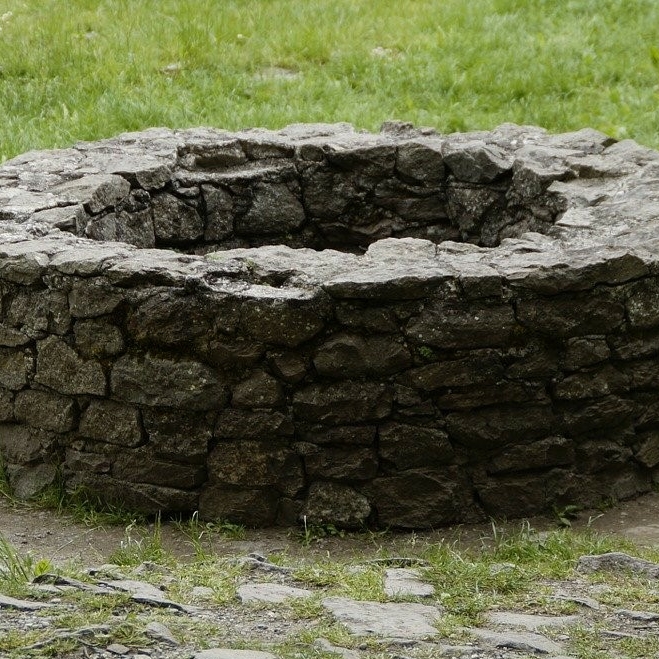What Is the Ruling Regarding Giving One’s Zakat To Build a Well for a Late Relative?
Question:
What is the ruling regarding giving one’s Zakat to build a well for a late relative?
Answer:
In the Name of Allah, the Most Merciful and Compassionate
Transferral of Ownership
One of the integral conditions for one’s Zakat to be valid is that there must be a transferral of ownership from the giver of the Zakat to an eligible recipient.
The recipient must be a person in order for the transferral of ownership to count. [Maydani; al-Lubab fi Sharh al-Kitab]
In regards to this Allah Most High says, “Alms-tax is only for the poor and the needy, for those employed to administer it, for those whose hearts are attracted to the faith, for freeing slaves, for those in debt, for Allah’s cause, and for needy travellers. This is an obligation from Allah. And Allah is All-Knowing, All-Wise.” [Qur’an; 9:60]
In the above verse, the mentioning of only limits the avenues in which Zakat can be given to those mentioned. [Maydani; al-Lubab fi Sharh al-Kitab]
Note that this condition applies to all obligatory and necessary charities, such as Zakat, Sadaqa al-Fitr, or expiations. [Ibid.]
General Charity
It is permissible and highly rewarding, however, to give one’s voluntary charity toward any permissible avenues.
Building a well in your late grandmother’s name is a great way to gain reward and mercy for yourself and your late grandmother (Allah have mercy upon her).
The Messenger of Allah (Allah bless him and give him peace) said, “When the child of Adam dies his deeds cease except three: continuous charity, knowledge from which others benefit, and a righteous child who supplicates for them.” [Tirmidhi]
I hope this helps,
Allah knows best.
[Shaykh] Yusuf Weltch
Checked and Approved by Shaykh Faraz Rabbani
Shaykh Yusuf Weltch is a teacher of Arabic, Islamic law, and spirituality. After accepting Islam in 2008, he then completed four years at the Darul Uloom seminary in New York where he studied Arabic and the traditional sciences. He then traveled to Tarim, Yemen, where he stayed for three years studying in Dar Al-Mustafa under some of the greatest scholars of our time, including Habib Umar Bin Hafiz, Habib Kadhim al-Saqqaf, and Shaykh Umar al-Khatib. In Tarim, Shaykh Yusuf completed the memorization of the Qur’an and studied beliefs, legal methodology, hadith methodology, Qur’anic exegesis, Islamic history, and a number of texts on spirituality. He joined the SeekersGuidance faculty in the summer of 2019.
